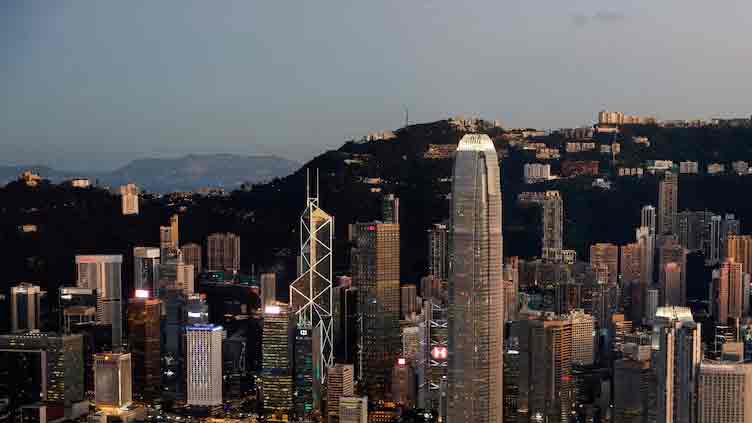US condemns Hong Kong bounties, passport revocations for democrats

World
US condemns Hong Kong bounties, passport revocations for democrats
WASHINGTON (Reuters) - The US State Department said that Hong Kong's offered bounties for six more pro-democracy campaigners who were deemed to have violated national security laws and the revoking of the passports of seven more amounted to intimidation efforts.
The State Department also separately condemned China for taking steps against two Canadian institutions and 20 people involved in human rights issues concerning the Uyghurs and Tibet.
"We reject the Hong Kong government's efforts to intimidate and silence individuals who choose to make the United States their home," the US State Department said in a statement on Thursday, adding some of the targeted individuals were based in the United States.
China's foreign ministry said Hong Kong's law enforcement actions were necessary to safeguard national sovereignty and security.
"The extraterritorial application of Hong Kong's national security laws is fully consistent with international law and practice," ministry spokesperson Mao Ning told reporters at a Friday news briefing.
She called the US hypocritical for "attacking" Hong Kong's actions while "abusing the concept of national security and exercising illegal long-arm jurisdiction".
China-imposed national security legislation in Hong Kong has triggered US sanctions and has been used to jail pro-democracy activists after violent street protests in 2019.
China's office for safeguarding national security in Hong Kong said on Tuesday it supported the actions, as the individuals had engaged in "anti-China" and destabilising acts.
Subhonkul Rakhimov survived the Azerbaijan Airlines flight that crashed in Kazakhstan, killing at least 38 people on board.
Beijing on Sunday separately targeted Canada-based Uyghur Rights Advocacy Project and the Canada-Tibet Committee by announcing measures including asset freezes and bans on entry.
The sanctions countered Canada's sanctions earlier this month against eight Chinese individuals it said were involved in "grave human rights violations".
Mao said the countermeasures are "entirely legitimate and reasonable".


